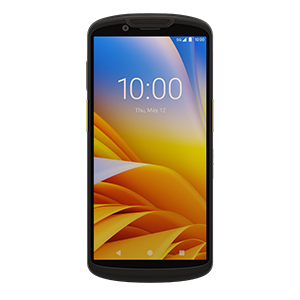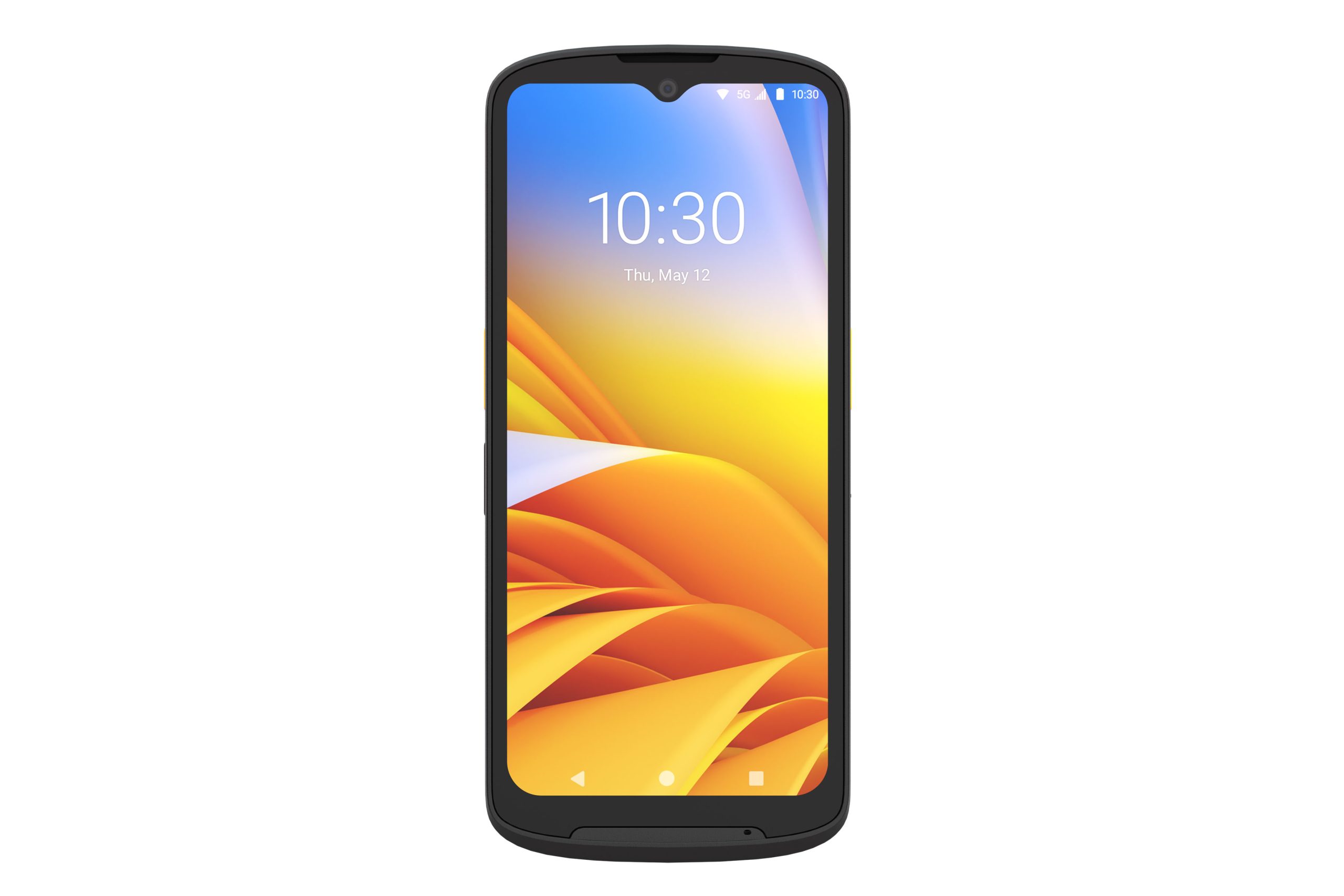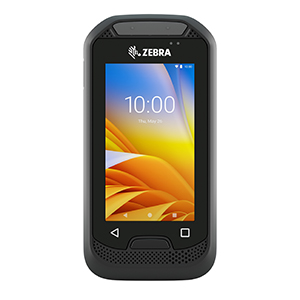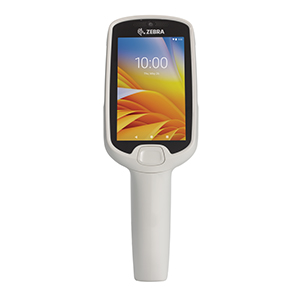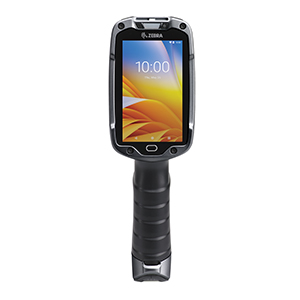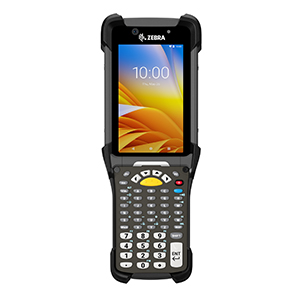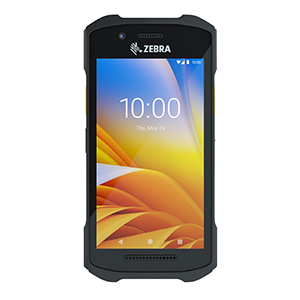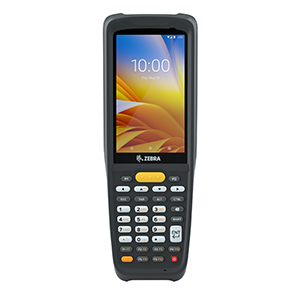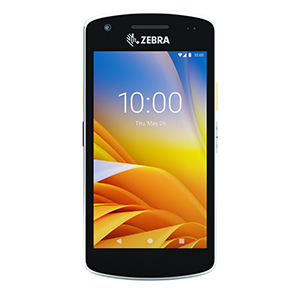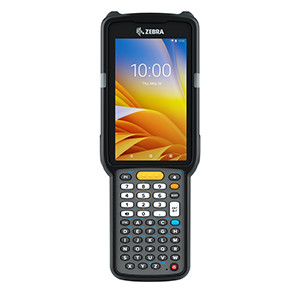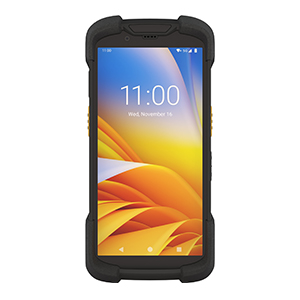Mobile Computer
A mobile computer is a handheld or portable device that combines data collection, computing power, and wireless communication in a single unit. Commonly used in logistics, retail, warehousing, healthcare, and field service, mobile computers typically feature a built-in barcode scanner, RFID reader, touchscreen display, and connectivity options such as Wi-Fi, Bluetooth, and cellular networks.
It run specialized operating systems (often Android or Windows), allowing workers to access business applications, scan inventory, update records in real time, and communicate seamlessly — all while moving around the workplace or out in the field. Mobile computers improve accuracy, efficiency, and data visibility, making them essential tools in modern enterprise environments.
Features and Benefits of Mobile Computer :
- Accurate data capture with built-in barcode scanners and RFID readers
- Real-time connectivity via Wi-Fi, Bluetooth, or 4G/5G networks.
- Rugged design for harsh industrial, retail, or outdoor environments.
- Long battery life and hot-swappable batteries for multi-shift use.
- Ergonomic design to reduce user fatigue and speed up scanning tasks.
- Seamless integration with warehouse, ERP, and inventory software.
- Support for Android™ or Windows® business applications.
- Improved productivity, reduced errors, and better customer service
Comparison: Mobile Computers vs. Other Devices
| Feature / Device | Mobile Computers | Rugged Tablets | PDAs | Smartphones |
|---|---|---|---|---|
| Barcode scanning | Built-in enterprise-grade scanners | Often optional or external | Limited or optional | Camera-based only (slow & less accurate) |
| Ruggedness | High, designed for drops & harsh use | High, but bulkier | Moderate | Low |
| Portability | Compact, one-handed operation | Larger, usually two-handed | Small & lightweight | Small |
| Battery life | Long, hot-swappable options | Moderate to long | Moderate | Limited |
| Enterprise OS | Android™ / Windows® | Android™ / Windows® | Often older Windows CE | Android™ / iOS (consumer-focused) |
| Target use case | Warehousing, retail, logistics, healthcare | Field service, inspections, maintenance | Light data entry, inventory | General communication, basic apps |
Mobile computers typically include built-in barcode scanners, RFID readers, high-resolution touchscreens, and keypads for rapid data entry. Many models support advanced scanning capabilities, such as long-range barcode capture, which is essential in large warehouses or outdoor yards. These devices often run enterprise-grade operating systems like Android™ or Windows® CE, which support dedicated business applications for inventory management, asset tracking, sales transactions, route planning, and more.
Beyond data capture, mobile computers offer robust communication features, including Wi-Fi, Bluetooth, and sometimes 4G/5G connectivity. This real-time data transmission allows workers to sync with back-end systems instantly, update stock levels, confirm deliveries, and share information with remote teams without returning to a fixed workstation.
A key distinction of mobile computers is their rugged design. Built to withstand drops, dust, water, and temperature extremes, they maintain performance in challenging environments where standard consumer devices might fail. Many models also have replaceable batteries for extended shifts, ergonomic grips, and customizable scanning triggers to reduce worker fatigue during repetitive tasks.
By combining mobility, durability, and smart data capture, mobile computers have become essential tools across industries like retail, logistics, field service, healthcare, and manufacturing. They help businesses streamline workflows, reduce errors, and keep data accurate and up-to-date — ultimately driving better decision-making and improved customer satisfaction.
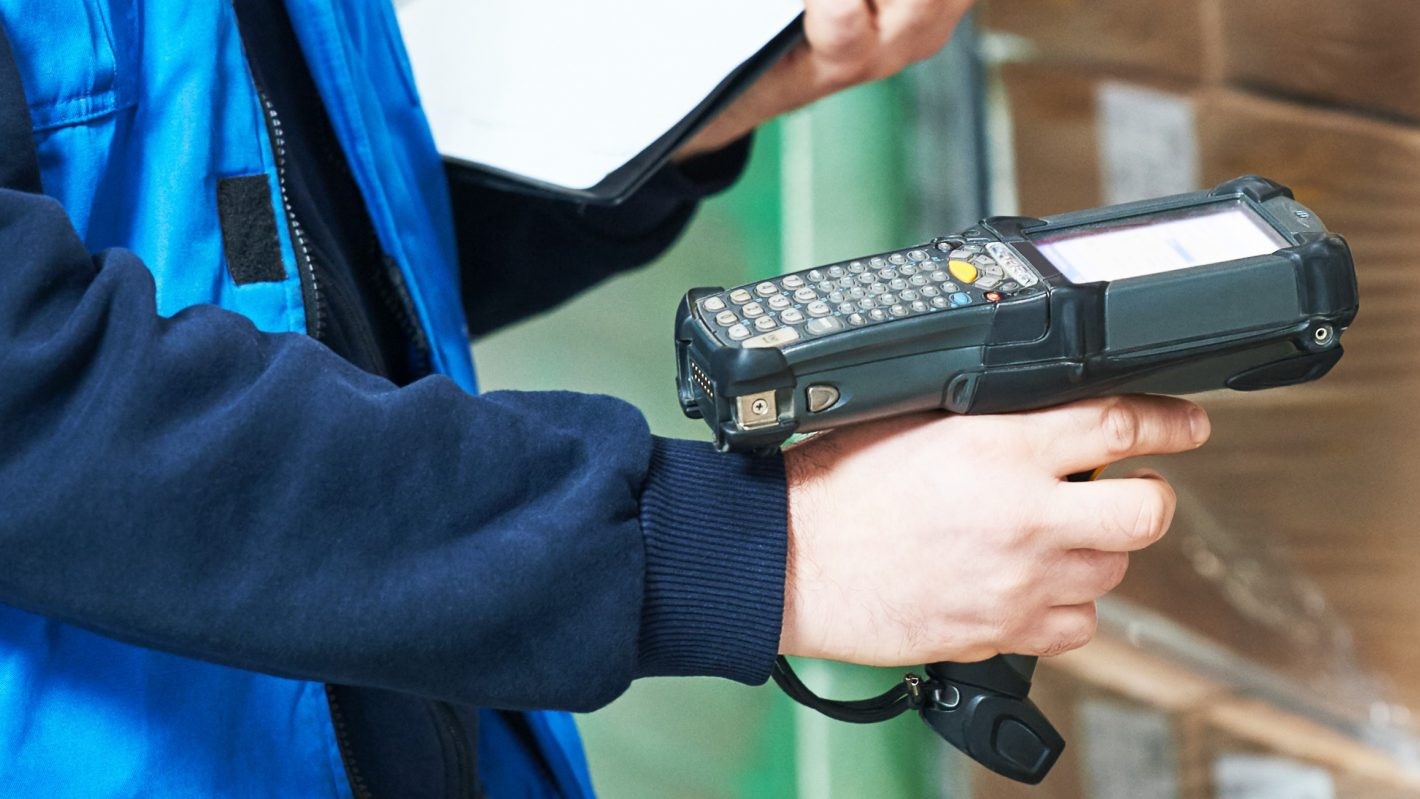
Industries Using Mobile Computer
Retail: Price checking, stock lookup, inventory counts, mobile POS, and shelf replenishment.
Warehousing & Logistics: Order picking, packing, receiving, shipping, and asset tracking.
Manufacturing: Production line management, quality control, and parts tracking.
Transportation & Distribution: Proof of delivery, route management, and real-time fleet tracking.
Healthcare: Patient ID verification, bedside medication administration, and asset management.
Field Service & Utilities: Inspections, maintenance reporting, meter reading, and on-site invoicing.
Hospitality & Events: Ticket scanning, guest check-in, and mobile ordering.
Government & Public Safety: Asset tracking, field inspections, and evidence collection.
Frequently Asked Questions
A mobile computer is a rugged, portable device that combines barcode/RFID scanning, data processing, and wireless connectivity. It allows workers to capture, view, and update data in real time while moving around warehouses, stores, hospitals, or field locations.
Unlike consumer smartphones, mobile computers feature enterprise-grade barcode scanners, longer battery life, hot-swappable batteries, and rugged housings that withstand drops, dust, and water — making them suitable for demanding industrial use.
Most modern devices run on Android™ (often with enterprise enhancements), while some specialized models still use Windows CE or Windows Embedded.
They’re widely used in retail, warehousing, logistics, manufacturing, healthcare, field service, hospitality, and public safety for tasks like inventory control, order picking, proof of delivery, and asset tracking.
Yes. Many models support 1D and 2D barcodes, with some capable of long-range scanning, high-density codes, and even damaged or poorly printed labels.
Absolutely. With Wi-Fi, Bluetooth, and optional 4G/5G connectivity, mobile computers can sync with ERP, WMS, or POS systems to keep data accurate and up-to-date.
Yes. Designed for industrial environments, mobile computers can survive drops, vibration, extreme temperatures, and exposure to dust or moisture, depending on their IP rating.
Battery life varies by model and use, but many devices offer a full shift or multi-shift operation. Some also feature hot-swappable batteries so work can continue without interruption.
Most enterprise-grade devices support standard APIs, SDKs, and middleware, making integration with ERP, WMS, or custom applications straightforward.

